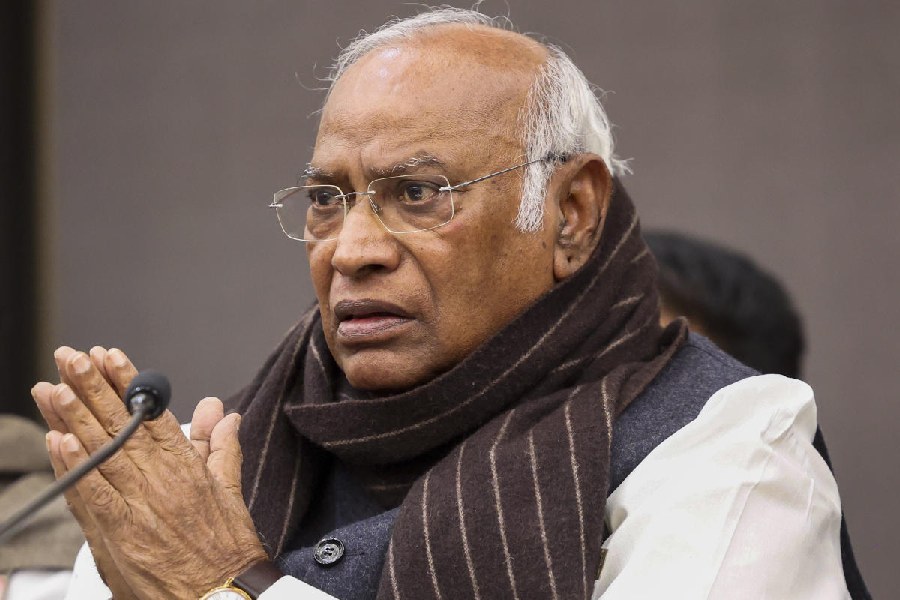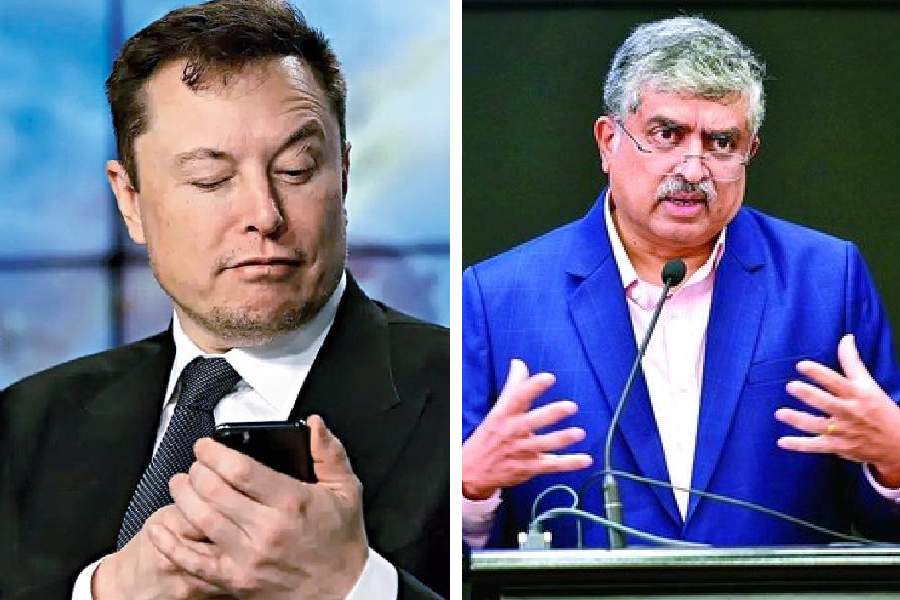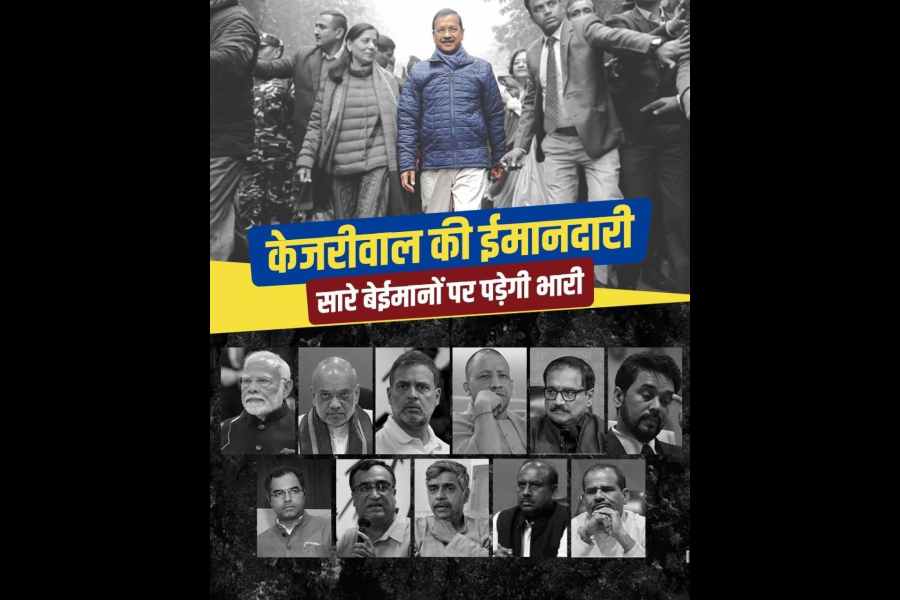Amid growing trade tension between India and the US, there is a worry lurking that Washington may withdraw the facility of Generalised System of Preferences (GSP) on more items.
Under the GSP, India enjoys zero tariffs on $5.6 billion of exports to the US. In November last year, the Trump administration had partially withdrawn the GSP on 50 items worth $70 million.
Indian has been pressing for the reinstatement of the GSP.
If Washington goes ahead and withdraws the GSP on more items it would be the strongest punitive action since President Donald Trump took office in 2017 and vowed to reduce the US deficit with large economies.
The threat comes at a time the commerce ministers of India and the US are scheduled to meet next week to discuss issues such as steel duties by Washington, e-commerce rule changes by the Modi government and the opening up of the Indian market to American goods and the reduction of trade deficit.
According to senior commerce ministry officials, US Secretary of Commerce Wilbur Ross and commerce and industry minister Suresh Prabhu will meet on February 14 to discuss these issues threadbare. The meeting will be held under the aegis of the US-India Commercial Dialogue.
They also indicated India would press for the extension of the waiver on the import of Iranian crude that is slated to end in March. The extension of the waiver by the US would enable India to secure cheap crude from Tehran.
In November, the US had allowed eight countries to buy oil from Iran for a period of 180-days, while imposing economic sanctions against the Islamic nation.
Top CEOs from both the countries, led by ATC’s James Taiclet and Tata Son’s N. Chandrasekaran, will also brainstorm on areas of bilateral co-operation at the India-US CEO Forum to be held simultaneously on February 14.
The trigger for the latest downturn in trade ties is India’s new rules on e-commerce that restrict the way Amazon and Walmart-backed Flipkart do business and the steps to force global card payments companies such as Mastercard and Visa to move their database to India.
The US has been pushing India to open up more areas where it can export or to reduce tariff on products such as high-end motorbikes.
Washington is upset with New Delhi for tightening the FDI rules on e-commerce that would force US majors such as Amazon and Walmart to change their model of operation in the online space in India and could cause revenue loss.
The US is also unhappy with India imposing import duties on smartphones and some other electronic and telecom equipment.
India, on the other hand, is aggrieved by America’s refusal to remove penal duties on its steel and aluminium.
Next week’s meeting assumes importance in the wake of the US concern about its trade deficit with India.
India’s trade surplus with the US was $21.27 billion in 2017-18. In the April-November period of the current fiscal, this gap was $10.5 billion in India’s favour.










